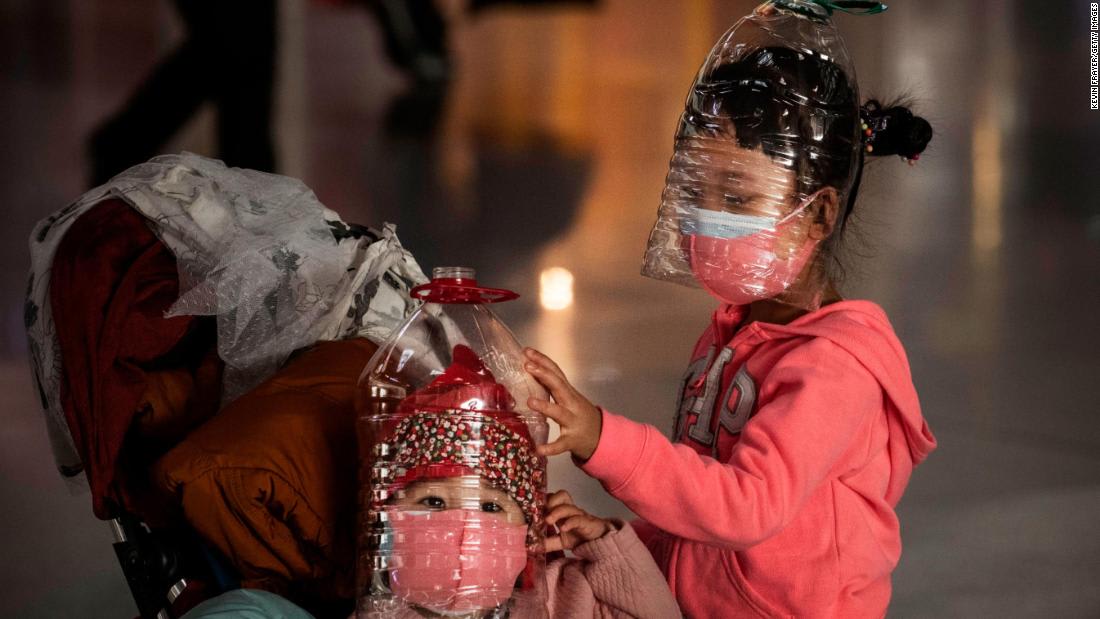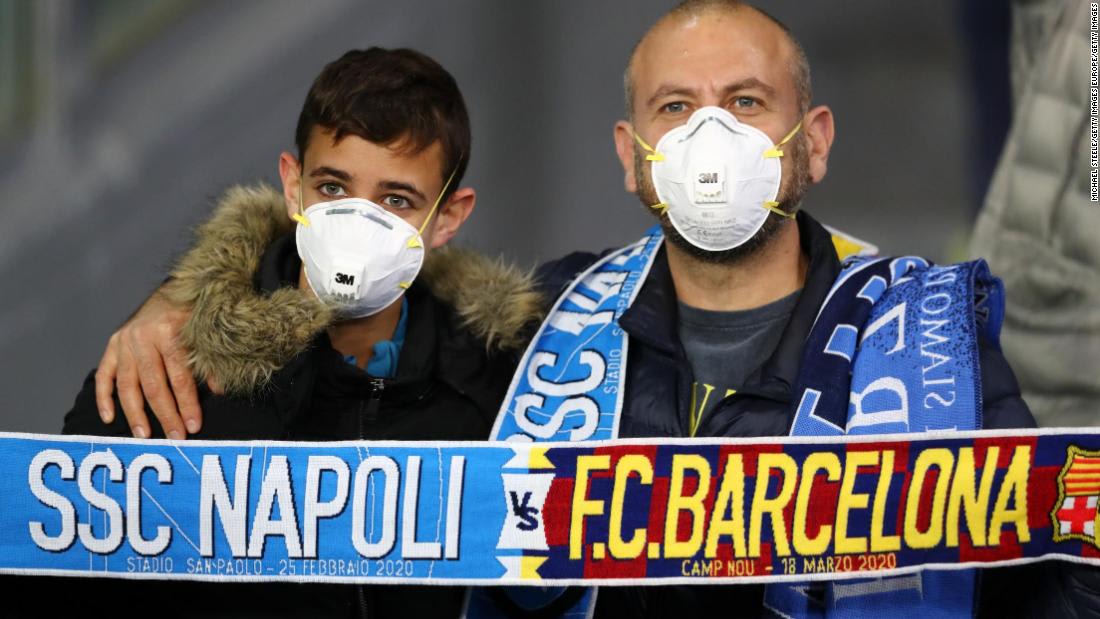
New cases of the novel coronavirus cropping up across Europe are being traced back to the dramatic outbreak in Italy.
Spain, Germany, Denmark and the United Kingdom on Thursday all reported new patients, who tested positive for the virus after traveling to parts of northern Italy that have been stricken by the epidemic.
Spanish health authorities have confirmed three unrelated coronavirus cases — two women and a man, who had all traveled to Milan before falling ill.
In Germany, a 32-year-old man is being treated for coronavirus after having traveled to the Lombardy region of northern Italy, where cases of the virus are heavily concentrated. The man, who began suffering flu-like symptoms upon his return, is now being cared for in hospital isolation.
A Danish man, who developed a cough and fever after a skiing holiday in Lombardy, is also being treated for coronavirus.
And in the UK, two more patients tested positive for COVID-19, after having been infected in Italy and Tenerife, the largest of Spain’s Canary Islands.






